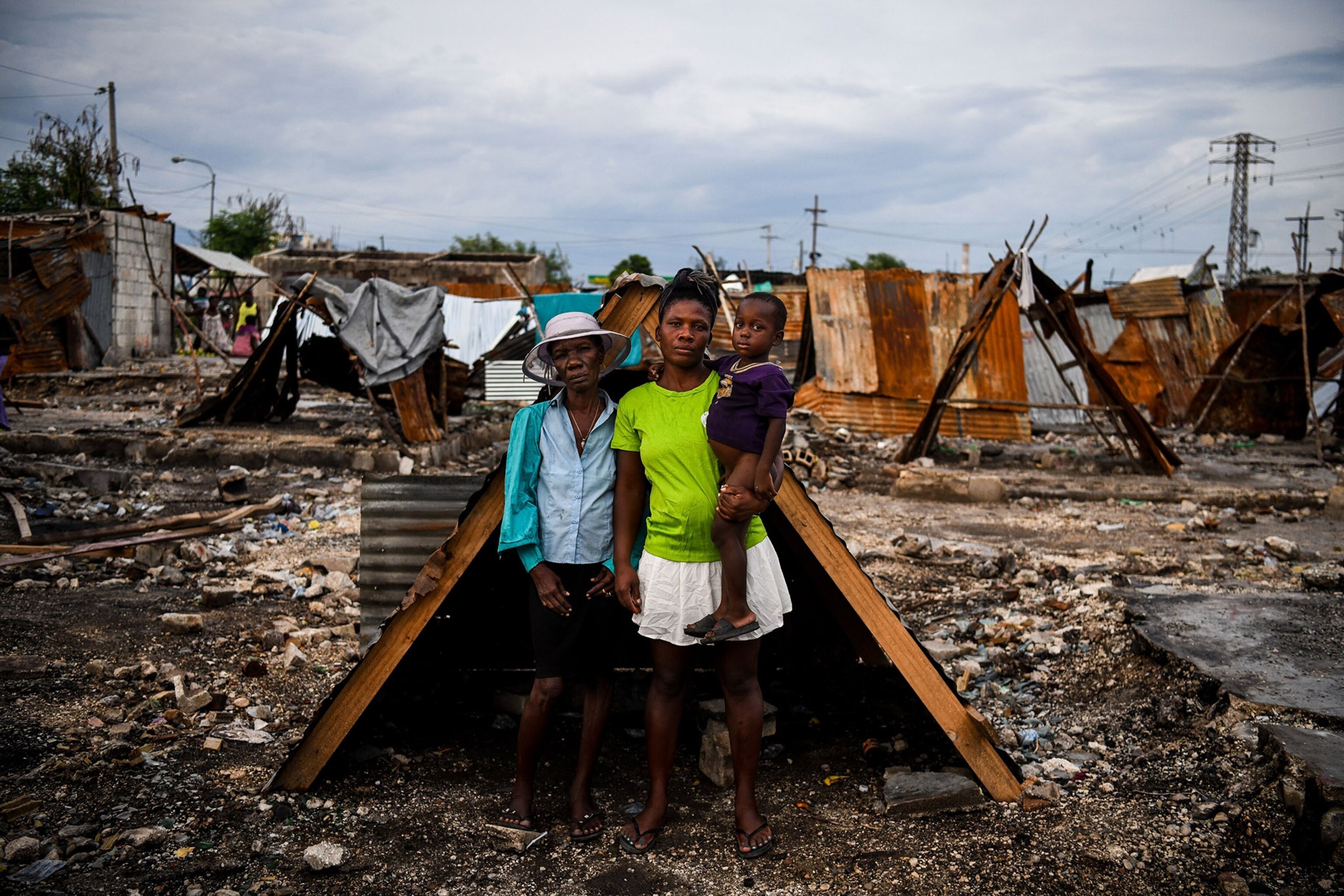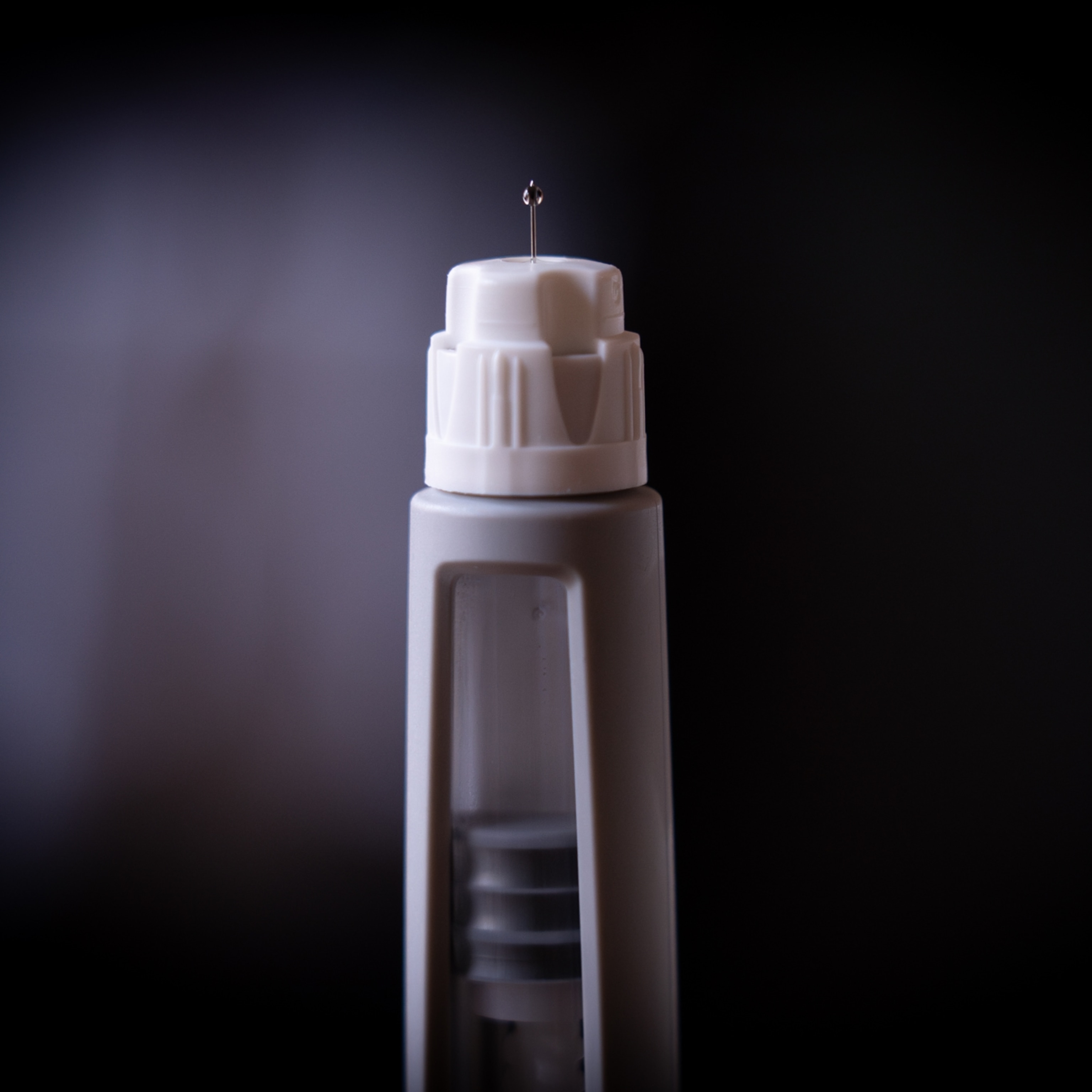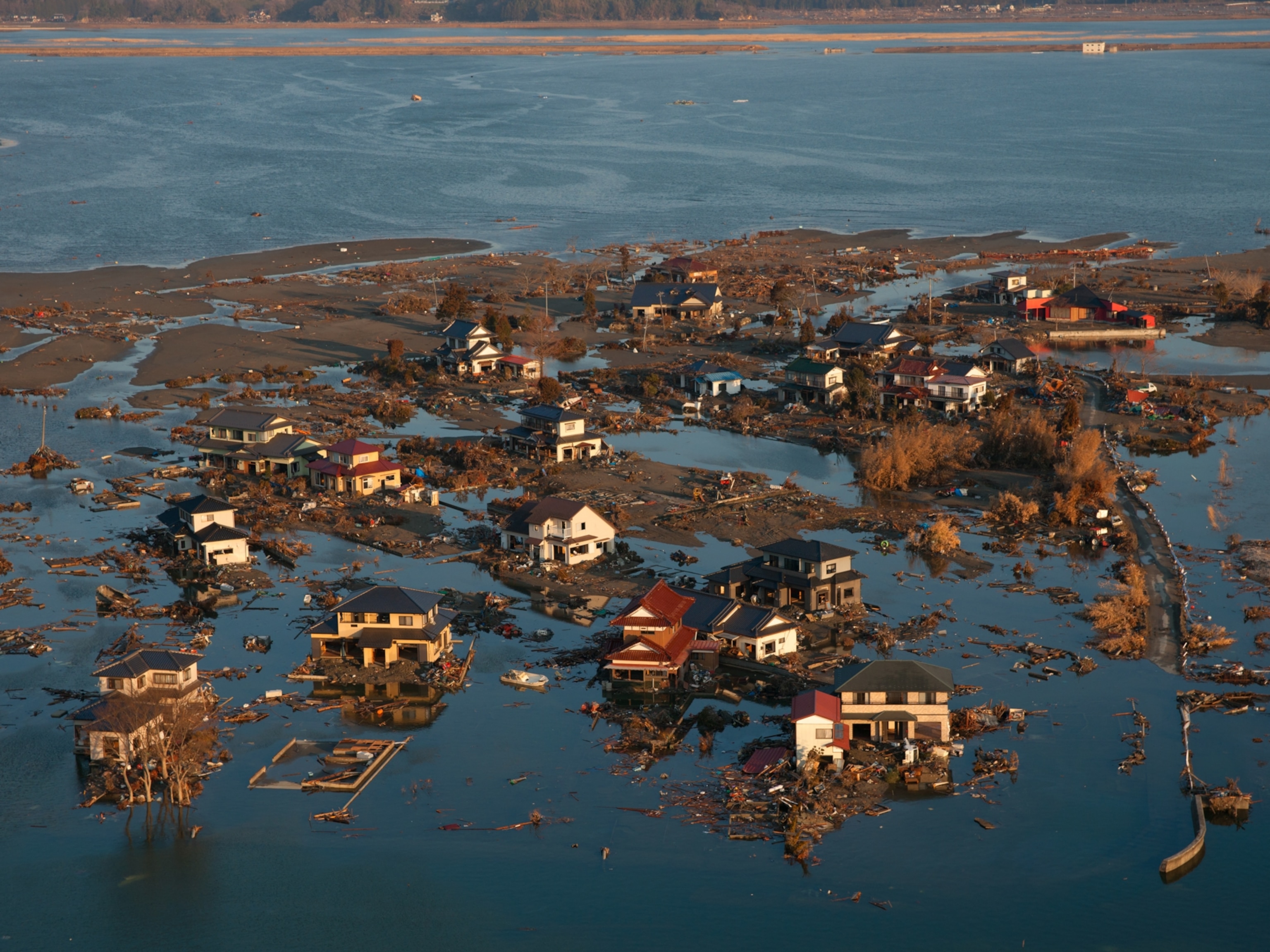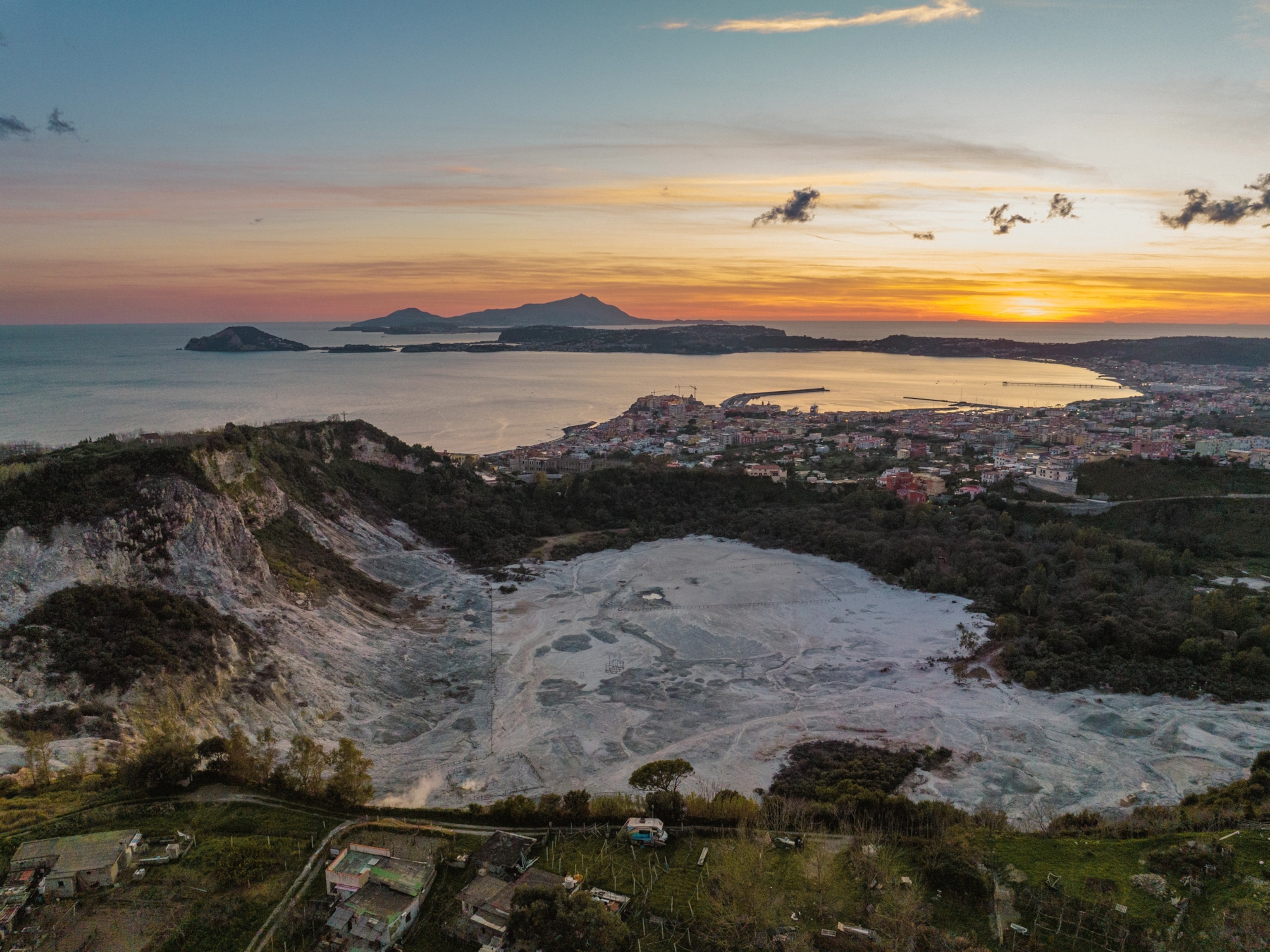
‘Things have gotten worse’: Weary Haitians approach a somber anniversary
The 2010 earthquake claimed 316,000 lives. The country has endured many broken promises in the decade since.
Port-au-Prince, Haiti — Standing in front of the earthquake-ravaged Notre-Dame Cathedral of Port-au-Prince, Ketly Paul looked at the faded ruins where stained-glass windows and pews once stood.

Haiti’s devastating January 12, 2010, earthquake claimed an estimated 316,000 lives, left 1.5 million injured and another 1.5 million homeless when it struck 15 miles southwest of the capital.
But Paul, like many Haitians, thought the flood of humanitarian aid and $13.3 billion pledges from the international community would rebuild the cathedral, secure housing for her after her home collapsed, and make life better in the volatile nation.
Instead, ten years later, Haiti remains a long way from recovery, mired in political conflict that has bankrupt businesses, soured the economy, and dampened the enthusiasm of foreign donors who once rushed to help with its reconstruction.
While the rubble and makeshift tent cities that once blanketed Port-au-Prince are gone, some have turned into permanent settlements with no power, no sanitation, no security, for more than 32,000 quake survivors.
Two of the country’s most iconic structures—the cathedral and the presidential palace—still have not been rebuilt. And six years after construction began on a new $100 million public hospital, promised by the United States and France, the complex emains an empty shell, the work temporarily halted due to a dispute over money.

Paul, a 47-year-old mother of five, still finds herself living under a tarp just steps away from Notre-Dame. Few permanent houses have been built and the debate over how much of the aid came—and where it went—persists. Instead of the bright future that many envisioned after the 7.0 magnitude quake, Haiti is now undergoing one of its worst economic downturns as widespread popular discontent engulfs the impoverished nation, and Haitians increasingly lose faith in political leaders.
Before the earthquake, things were looking up in Haiti. The economy was improving, foreign investors were considering investment opportunities and Haitians themselves were feeling hopeful about their future. (See pictures of Haiti on its own terms.)
But political dysfunction worsened after the disaster and the two presidential and legislative elections that would follow. That disfunction eventually impacted the pace of the recovery. Public outcry over corruption resulted in a radical display of discontent that three times in 2019 led to a complete shutdown of the country.
Known as ‘Peyi Lòk' in Creole, the countrywide lockdown consisted of anti-government protesters barricading streets with burning tires, boulders, and anything they could put their hands on to prevent movement in and around the capital, and between cities. In the process, students lost more than 50 days of schooling, hotels shut down and laid off workers, and a humanitarian crisis ensued.
Fueling the growing discontent: an anti-corruption movement spurred by $2 billion in aid Haiti received from a Venezuela oil program that was supposed to be invested in post-quake projects that government auditors said was embezzled.

On the tenth anniversary of the quake, Haiti appears to be approaching a deeper crisis. It will be without a functional Parliament or government and its president will be governing by decree.
Meanwhile Haitians like Paul are struggling to survive.
An economic crisis—prompted by the devaluation of the domestic currency, scarcity of U.S. dollars in the face of declining foreign aid, and the departure of UN peacekeepers after 15 years, as well as mismanagement by the government—has led to fuel shortages, skyrocketing inflation, and deepening poverty. Anti- corruption protesters shuttered schools and businesses in 2019 and blocked major roads for months.
With more than 100,000 buildings including all but one government ministry collapsing in 35 seconds during the quake, Haiti faced a difficult road. But the multiple crises, coupled with what some call Haiti fatigue by donors, have made progress even more difficult.
“As a nation, as a state we have failed,” said Leslie Voltaire, an urban planner and architect who was among those involved in the early days of the recovery.

The failures are apparent all around Port-au-Prince, where even in the successes there are setbacks.
After the quake a number of new hotels were built and made quake-resistant even as the country’s Parliament parliament failed to approve a national building code. But as last year’s political crisis paralyzed the country for a third time in months, at least one of those hotels, the Best Western, announced its closure while others quietly laid off staff.
“There is no president, there is no country, there is no state,” Ketly Paul said.
The earthquake killed leading intellectuals, artists, feminists, and other well-known change makers of Haitian society, whose departure is being felt even today as the country struggles with its present and future.
An already unpopular leader, President Jovenel Moïse faces the specter of increased protests as his one-man rule begins on Monday, Jan. 13.
The government’s failure to hold elections in October to re-elect part of the Senate, all of the lower chamber of Parliament, and all locally elected official means that President Moïse will be ruling by decree. New tensions have arisen as Haitians wonder if he will use his one-man rule to usurp the law to his benefit. The lack of a government since March 2019 has already sparked concerns, with some of the country's leading business organizations accusing the president of showing dictatorial tendencies.
The lack of a government has also prevented the flow of aid from the international community to help fend off a humanitarian crisis that the UN warns could affect 4 million Haitians this year.
Caught in the middle of the political fury are millions of poor Haitians, like Paul, who live below the poverty line on less than $2.41 a day, according to the World Bank.

Mad about the crisis, she is angrier at the president, who is accused of corruption, human rights violations, and mismanaging the economy.
“The president doesn’t see the population, he doesn’t see anything,” she said. “I’m going to have 10 years here in the streets.”
Her temporary home is a makeshift tent with a cutout piece of unattached wood for a door, a slab of concrete for the floor, and the letters USAID—the abbreviation of the U.S. Agency for International Development—scribbled across the gray tarpaulin.
Rampant crime along with the violent protests in the area, Paul said, means she never sleeps at night, always lying awake to keep an eye on her children. “Now what they do is set fire, so I stay awake in case I need to run with the children,” she said.
Since the country-wide lockdown, Paul has seen her sidewalk market go downhill. The proceeds from the sale of Haitian moonshine, cigarettes, and whatever else she could afford weren’t enough to put a decent roof over her head. But it was a living, she said, allowing her to put food in her children’s bellies and pay annual school fees of $51.46 for her youngest child, Ritchielson.
“Peyi Lòk destroyed my business,” Paul said. “I no longer have a business to speak of.”
The day of the earthquake, Paul was sitting on the sidewalk in front of the cathedral, tending to her commerce in the outdoor market, she said. As the ground began to violently shake, she grabbed three of her children and ran out into the streets. Ritchielson, 7, wasn’t born yet.
Today as the quake’s tenth anniversary approaches Paul sees little to commemorate.
“After Jan. 12, you could find a little something to eat, now there is nothing,” she said. “Things have gotten worse.”
Haitians are no strangers to crises. Following the end of the nearly 30-year Duvalier family dictatorship in 1986, the country saw several military coups, including one that sent its first democratically elected president into exile; suffered through U.S. economic blockades; and was devastated by hurricanes, including four storms in 30 days in 2008. The country was thrown on its knees by the 2010 earthquake.

But the current crisis with its high human and economic toll is far worse, many say, than any they have undergone—a perfect storm of armed gangs, economic collapse, unbridled corruption, and popular discontent.
“Everything is falling apart,” said Robert Fatton, a Haiti expert who teaches political science at the University of Virginia. “There is a complete vacuum of authority. There is massive popular discontent against Jovenel and his government, but the opposition doesn’t seem to have the strength to force him out, and the international community, they may dislike Jovenel but they don’t see any alternative.”
Projecting himself as an economic reformer ready to take on Haiti’s economic and political system that has breathed centuries of inequities and instability, Moïse has rejected calls for his resignation and blames opponents and members of the country’s economic elite for his political woes.
He has also denied corruption allegations after he and members of his political family were among those cited in a government auditor’s report that accused present and former public officials of embezzling funds from an oil program meant to support social programs for the poor after the quake.
“I am extremely pessimistic about the country’s future,” Fatton, who is of Haitian descent, said. ”The only good thing I can say is that history is full of surprises and unexpected developments."
“No one at the time could have predicted the Haitian Revolution; no one predicted the fall of the Berlin Wall,” he added. “In addition, several devastated countries, which were considered corrupt basket cases, managed phenomenal economic and political developments in the midterm and long term; see the examples of South Korea, or more recently Rwanda.”
But Haiti is neither South Korea nor Rwanda. And while many Haitians continue to await a present-day Moses to come lead them through their sea of despair, there doesn’t appear to be anyone on the horizon. The opposition remains divided, unorganized, and unable to topple the embattled president.

Led by the U.S., the international community has been urging dialogue within Haiti and the formation of a legal government to tackle the underlying causes of instability and poverty within the country.
“Things look very bleak,” Fatton said. “Poverty is increasing, inequalities are obscene, the economy is devastated, the gourde has lost most of its value, and the political class has little legitimacy. Things are thus falling apart without any clear plan for a better future.”
Before the earthquake, Paul said she used to attend mass at the Cathedral. It was a beautiful structure, and even though a temporary $3 million church was built in the back, it’s not the same as the iconic one that overlooks her makeshift tent.
“I had hope,” she said, staring at the ruined cathedral. “I thought they were going to rebuild it.”
When she can, Paul says she attends Mass in the transitional structure. Her prayer is always the same.
“I ask God to change things, to turn them around,” she said.
Related Topics
You May Also Like
Go Further
Animals
- Octopuses have a lot of secrets. Can you guess 8 of them?
- Animals
- Feature
Octopuses have a lot of secrets. Can you guess 8 of them? - This biologist and her rescue dog help protect bears in the AndesThis biologist and her rescue dog help protect bears in the Andes
- An octopus invited this writer into her tank—and her secret worldAn octopus invited this writer into her tank—and her secret world
- Peace-loving bonobos are more aggressive than we thoughtPeace-loving bonobos are more aggressive than we thought
Environment
- This ancient society tried to stop El Niño—with child sacrificeThis ancient society tried to stop El Niño—with child sacrifice
- U.S. plans to clean its drinking water. What does that mean?U.S. plans to clean its drinking water. What does that mean?
- Food systems: supporting the triangle of food security, Video Story
- Paid Content
Food systems: supporting the triangle of food security - Will we ever solve the mystery of the Mima mounds?Will we ever solve the mystery of the Mima mounds?
- Are synthetic diamonds really better for the planet?Are synthetic diamonds really better for the planet?
- This year's cherry blossom peak bloom was a warning signThis year's cherry blossom peak bloom was a warning sign
History & Culture
- Strange clues in a Maya temple reveal a fiery political dramaStrange clues in a Maya temple reveal a fiery political drama
- How technology is revealing secrets in these ancient scrollsHow technology is revealing secrets in these ancient scrolls
- Pilgrimages aren’t just spiritual anymore. They’re a workout.Pilgrimages aren’t just spiritual anymore. They’re a workout.
- This ancient society tried to stop El Niño—with child sacrificeThis ancient society tried to stop El Niño—with child sacrifice
- This ancient cure was just revived in a lab. Does it work?This ancient cure was just revived in a lab. Does it work?
- See how ancient Indigenous artists left their markSee how ancient Indigenous artists left their mark
Science
- Do you have an inner monologue? Here’s what it reveals about you.Do you have an inner monologue? Here’s what it reveals about you.
- Jupiter’s volcanic moon Io has been erupting for billions of yearsJupiter’s volcanic moon Io has been erupting for billions of years
- This 80-foot-long sea monster was the killer whale of its timeThis 80-foot-long sea monster was the killer whale of its time
- Every 80 years, this star appears in the sky—and it’s almost timeEvery 80 years, this star appears in the sky—and it’s almost time
- How do you create your own ‘Blue Zone’? Here are 6 tipsHow do you create your own ‘Blue Zone’? Here are 6 tips
Travel
- This town is the Alps' first European Capital of CultureThis town is the Alps' first European Capital of Culture
- This royal city lies in the shadow of Kuala LumpurThis royal city lies in the shadow of Kuala Lumpur
- This author tells the story of crypto-trading Mongolian nomadsThis author tells the story of crypto-trading Mongolian nomads
- Slow-roasted meats and fluffy dumplings in the Czech capitalSlow-roasted meats and fluffy dumplings in the Czech capital







